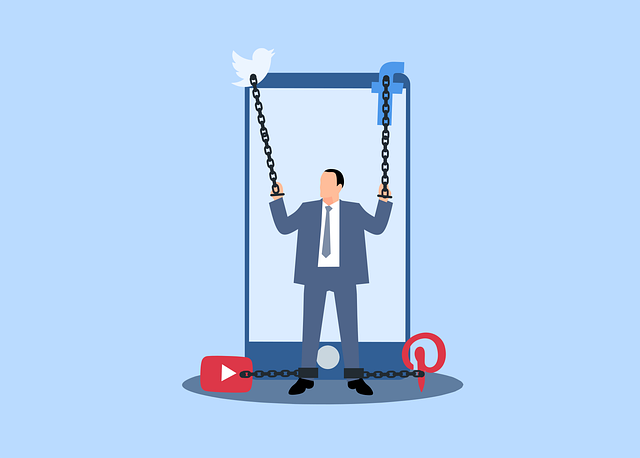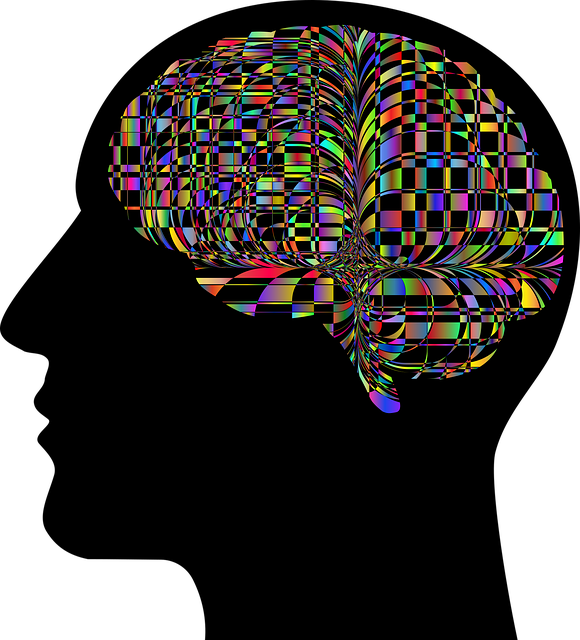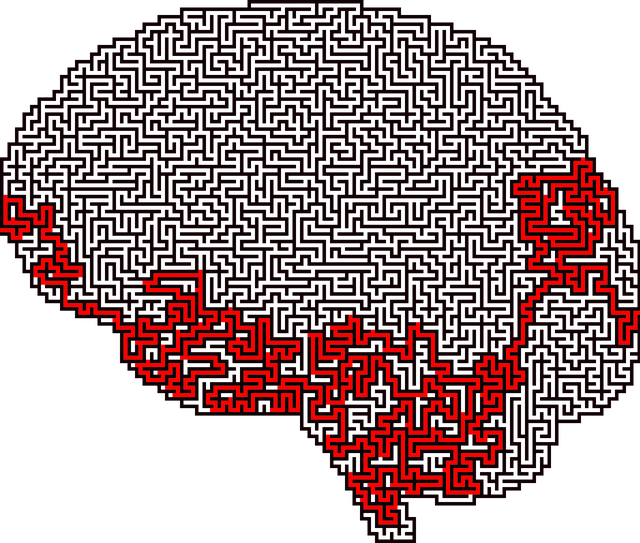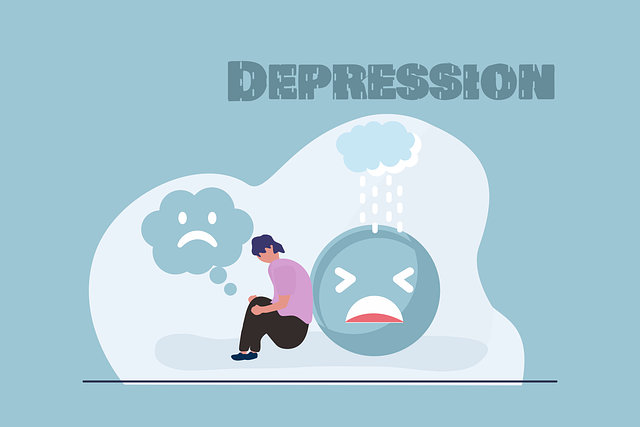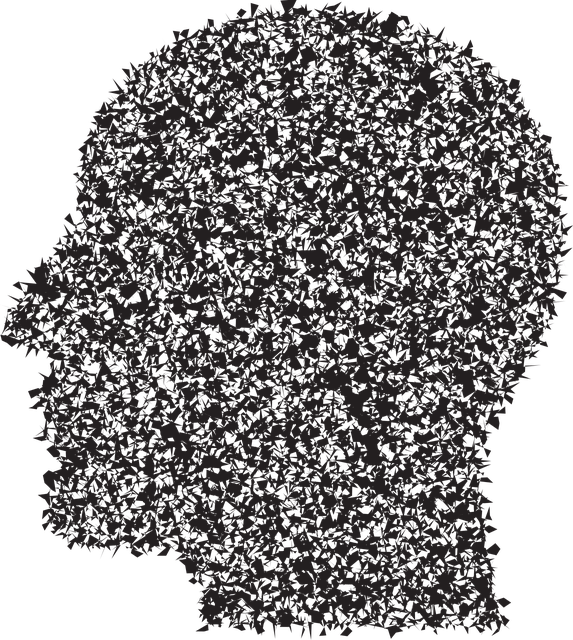Autism Spectrum Disorder (ASD) presents unique social and emotional challenges. Tailored interventions like therapy, stress reduction techniques, and digital therapeutic solutions empower individuals with ASD to improve mental wellness. Marketing strategies for ASD therapy apps should focus on raising awareness, showcasing sensitivity, featuring diverse success stories, and emphasizing cultural adaptability. Success is measured through user engagement, session durations, feedback, and expanding reach via public campaigns and podcasts.
In today’s digital age, mental wellness apps offer promising solutions for managing Autism Spectrum Disorder (ASD) symptoms. This article provides a comprehensive guide on developing an effective marketing strategy for such apps. We explore the unique challenges faced by ASD individuals and how digital therapeutic solutions can help. By understanding your target audience—those seeking therapy for autism spectrum disorder—you can create tailored marketing campaigns to raise awareness, drive downloads, and measure successful impact.
- Understanding Autism Spectrum Disorder (ASD) and Its Unique Challenges
- The Role of Digital Therapeutic Solutions in Supporting ASD Individuals
- Targeting the Right Audience: Defining Your Ideal User for Mental Wellness Apps
- Creating Effective Marketing Campaigns to Raise Awareness for ASD Therapy Apps
- Measuring Success: Evaluating the Impact and ROI of Your Marketing Strategy
Understanding Autism Spectrum Disorder (ASD) and Its Unique Challenges

Autism Spectrum Disorder (ASD) is a complex neurodevelopmental condition that presents unique challenges for individuals affected by it. Understanding ASD involves recognizing its wide range of symptoms and variations, affecting social communication, interaction, and behavior. Those on the spectrum may experience difficulties in interpreting social cues, maintaining eye contact, or engaging in typical conversation patterns, which can impact their overall mental wellness.
Addressing these challenges requires tailored interventions, such as therapy designed for Autism Spectrum Disorder. Through specialized approaches, individuals with ASD can develop resilience-building strategies to navigate social situations and enhance their inner strength. Stress reduction methods, including cognitive behavioral therapy and mindfulness practices, have proven effective in managing anxiety and improving overall well-being. By focusing on these aspects, mental wellness apps can cater to the specific needs of those on the autism spectrum, empowering them to lead fulfilling lives.
The Role of Digital Therapeutic Solutions in Supporting ASD Individuals

Digital therapeutic solutions are transforming the way we support individuals with Autism Spectrum Disorder (ASD). These innovative apps and platforms offer accessible and engaging therapy options, complementing traditional treatments. By leveraging technology, they cater to the unique needs of ASD folks, focusing on core challenges like social communication, repetitive behaviors, and sensory processing difficulties.
Many apps incorporate evidence-based practices such as cognitive behavioral therapy (CBT) techniques, mindfulness exercises, and structured routines to promote self-awareness and coping strategies. The use of interactive features, gamification, and personalized feedback enhances engagement and encourages consistent practice of stress reduction methods. Moreover, integrating these digital tools into healthcare provider workflows ensures better coordination care, allowing for tailored interventions and improved outcomes. Healthcare Provider Cultural Competency Training can be instrumental in ensuring these solutions are effectively utilized, addressing any cultural or access barriers to provide quality care for ASD individuals.
Targeting the Right Audience: Defining Your Ideal User for Mental Wellness Apps

Identifying your target audience is a crucial step in developing an effective marketing strategy for mental wellness apps. When catering to diverse needs, it’s essential to define your ideal user—someone who will benefit most from your app’s offerings. For instance, consider individuals on the Autism Spectrum Disorder (ASD) who often face unique challenges related to social communication and emotional regulation. Customizing therapy sessions tailored to their specific needs can be transformative.
By understanding that not all users have identical mental wellness journeys, you can tailor marketing messages effectively. Highlighting features like personalized therapy for ASD or incorporating Conflict Resolution Techniques as part of your app’s curriculum will appeal to those seeking specialized support. This approach ensures that Trauma Support Services are accessible and engaging, ultimately attracting the right audience and fostering a sense of community within your app’s user base.
Creating Effective Marketing Campaigns to Raise Awareness for ASD Therapy Apps

Marketing campaigns play a pivotal role in raising awareness about Therapy for Autism Spectrum Disorder (ASD) apps, ensuring their reach extends to those who need them most. To be effective, these campaigns must prioritize sensitivity and cultural understanding, reflecting the diverse needs of individuals on the spectrum. A successful strategy can involve showcasing real-life success stories, featuring diverse individuals benefiting from the app, and highlighting its ability to improve daily living skills and communication.
By integrating concepts like Cultural Sensitivity in Mental Healthcare Practice, these campaigns can gain traction with various communities. Emphasizing the app’s adaptability to different cultural contexts and its role in promoting inclusive self-care practices (a key aspect of Risk Assessment for Mental Health Professionals) will further attract users seeking tailored support. Through creative content that resonates with diverse audiences, marketing efforts can make a significant impact, positioning these ASD therapy apps as indispensable tools for enhancing mental wellness.
Measuring Success: Evaluating the Impact and ROI of Your Marketing Strategy

Measuring success is a vital component of any marketing strategy, and for mental wellness apps, evaluating impact goes beyond mere user acquisition. It’s crucial to assess how your app is improving users’ mental health outcomes, especially when targeting specific communities like those with Autism Spectrum Disorder (ASD). Track key metrics such as engagement rates, session durations, and user feedback to understand the app’s effectiveness in providing therapy and support.
Public awareness campaigns and a Mental Wellness Podcast Series Production can further enhance your marketing strategy’s reach and impact. By combining these efforts, you can foster open conversations about mental health, educate the public about ASD-specific resources, and ultimately drive more meaningful interactions with your app. Additionally, conflict resolution techniques implemented within the app or through customer support channels can contribute to a positive user experience, encouraging continued engagement and promoting long-term wellness journeys.
Marketing a mental wellness app focused on therapy for Autism Spectrum Disorder (ASD) requires a nuanced approach that understands the unique challenges faced by individuals on the spectrum. By defining your ideal user, creating targeted campaigns that raise awareness of digital therapeutic solutions, and measuring success through impactful evaluations, you can effectively reach and support those who need it most. This strategic development not only enhances accessibility to care but also contributes to the broader acceptance and understanding of ASD in today’s digital era.

